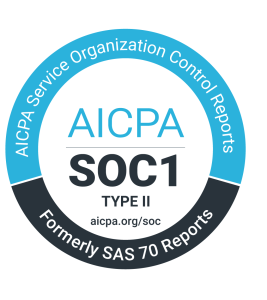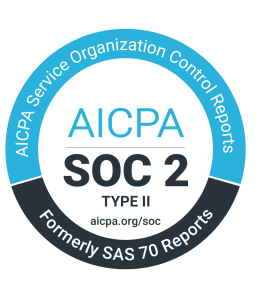
As cannabis legalization becomes more widespread, activists and legal experts alike are calling for greater attention to social equity in the cannabis industry.
If you’re new to the cannabis scene, suffice it to say that problems of inequality and harsh criminal punishment have plagued certain communities more than others.
Here’s a quick rundown of what that’s looked like in the past and how you can help make the modern cannabis industry more equitable in the present.
Social equity and a long history of racism
Cannabis usage dates back at least as far as 3000 BCE, but it wasn’t stigmatized in the United States until the early 1900s.
Around this time, the Mexican Revolution sent a huge influx of refugees into the U.S.
This is when “marijuana” became the term of choice over “cannabis.” By using a Spanish word, associating cannabis with Spanish speakers, and demonizing cannabis consumption, politicians and the general public were able to combine anti-immigrant racism with anti-drug propaganda.
You can read more about the history of cannabis on our blog.
From Woodstock to the War on Drugs

Around the 1960s and 1970s, hippie culture took root, and cannabis usage grew along with it. Artists like The Beatles and Willie Nelson were quite public with their marijuana usage. Look back at pictures of Woodstock, and you’ll see joint after joint.
Not long after, former President Ronald Reagan launched his now-infamous War on Drugs. Despite media coverage usually focusing on white cannabis users, however, his War on Drugs primarily targeted Black and Brown communities.
For context, keep in mind that drug policies became stricter and enforcement more widespread on the heels of the Civil Rights Movement and anti-war protests.
It was around this time that we saw a massive uptick in marijuana-related arrests and penalties for drug crimes become some of the harshest in the world.
Social equity in the modern cannabis industry

It’s these ongoing punishments that have activists crying foul today. The disparity is real: Black Americans are nearly four times as likely to be arrested for marijuana possession, even though usage rates are similar between Black and white groups.
In fact, as of 2020, 40,000 people were still in jail or prison for cannabis-related crimes–some of them serving life sentences. Even with efforts to decriminalize and legalize cannabis in its various forms, little is being done to aid those already stuck in the judicial system.
What you can do
Some of us are able to capitalize on cannabis simply because of how we look, where we were born, and the resources we’ve been given (or, at the very least, the resources that haven’t been kept from us).
Certain states, like New Mexico, require new dispensaries to create social equity plans in order to be licensed. Even if your state doesn’t have such a requirement on the books, it’s still worth your while to come up with a similar plan.
For more ideas, listen to the voices in your communities, particularly those who have been directly affected by marijuana criminalization. You can also follow industry leaders like BLAZE who are committed to promoting social equity in the cannabis realm.



